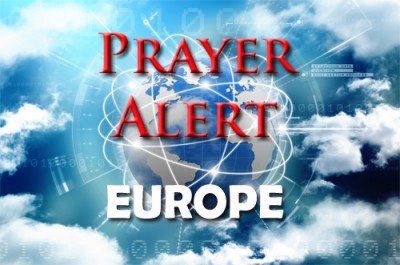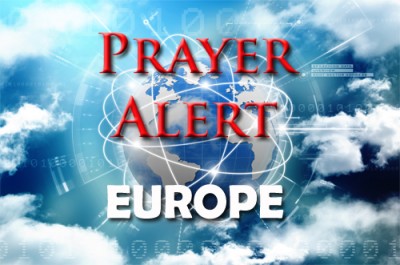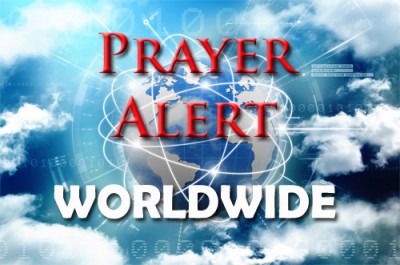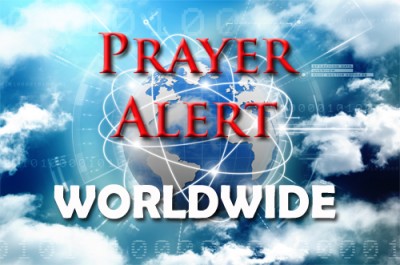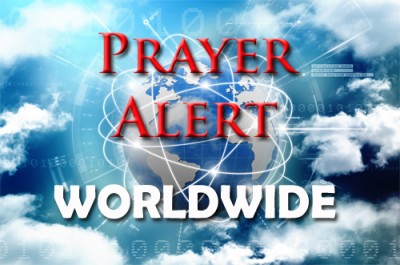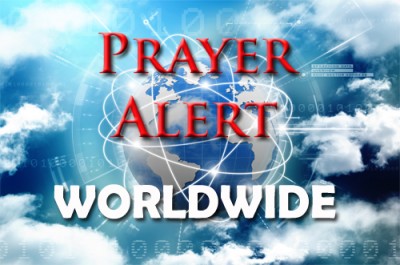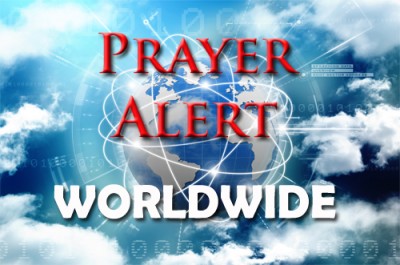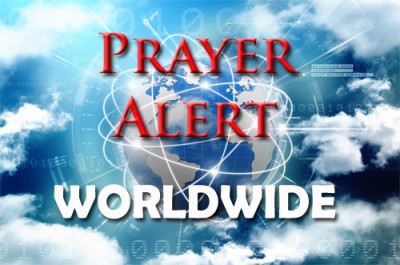Moldova: democracy faces risks
15 Mar 2019Lack of transparency and accountability has allowed corruption to flourish in Moldova’s politics. February’s parliamentary elections saw many long-standing politicians swept out of office, but results were inconclusive. None of the major parties secured a majority. Three parties exert a powerful political influence over key state institutions, including the judicial system. If they are unable to negotiate a viable coalition agreement, or if the final results are not validated, new elections could be called. In the run-up to elections, some candidates accused the authorities of poisoning them. Toxicology reports showed elevated mercury amounts in their blood. Journalists could not access information about political developments, and politicised media ownership reduced consumers’ exposure to diverse viewpoints. The route to a stable government remains unclear.
Ukraine: election on 31 March
15 Mar 2019The Crimean Tatar people have decided to support Petro Poroshenko in Ukraine's presidential election. They said, ‘The most significant criterion in assessing candidates for the presidency is their ability to mobilise Ukrainian society to rebuff Russian aggression against Ukraine and restore its sovereignty and territorial integrity within its internationally recognised borders, which include the Crimea and the city of Sevastopol.’ The Tatars have also called on Ukrainians in occupied Crimea to participate in mainland Ukraine polling stations, and urged diaspora to vote at foreign polling stations. Russia outlawed the Tatar parliament (Mejlis) for ‘propaganda, ethnic nationalism, and extreme hatred towards Russia’.
Sudan: nine women sentenced to twenty lashes
15 Mar 2019President Bashir released all females detained for anti-government demonstrations on International Women's Day. The next day nine Sudanese women protesters were arrested and sentenced to twenty lashes plus a month in prison. In February Bashir declared a state of emergency and other measures including emergency courts across the country. The women were arrested for participating in a ‘banned demonstration’ in the capital's eastern district of Burri, a site of regular protests, and tried in one of the ‘emergency courts’. They are now in a women's prison in Omdurman. An appeal against the verdict was filed on 10 March. Protests against Bashir have happened almost daily across Sudan since 19 December. Pray for government leaders to rule with integrity and justice, and for peace and stability between tribal groups and military commanders who continue to vie for power.
New Zealand: 49 killed in terror attack
15 Mar 2019An ‘extremist, right-wing terrorist’ has been arrested and named as the main suspect in connection with shootings at two mosques in Christchurch on 15 March; 49 were killed and at least 20 injured. The shooting was the deadliest in the country's history; prime minister Jacinda Ardern called it one of NZ's ‘darkest days’. One gunman live-streamed footage of his rampage to Facebook, filmed with a head-mounted camera. The footage showed him firing indiscriminately at men, women and children from close range inside the Al-Noor mosque. The suspect, who identified himself as Australian, is understood to have published a hate-filled manifesto outlining his intentions and espousing far-right and anti-immigrant ideology. Even though he did this one month ago, he had not been put on any watch list.
Nigeria: Christians sue the government
15 Mar 2019Rev Solomon Mfa and ten other Christian leaders filed a suit against the Nigerian government at the West African States Court of Justice, which has jurisdiction over human rights issues in the area. On 26 February the court ordered the government to investigate attacks that killed 300+ Christians and destroyed property; identify and prosecute the perpetrators; and redress the victims. ‘The government is in violation of its obligation to protect the human rights of these communities,’ the three judges stated in their unanimous verdict. The court also ordered the government to take urgent measures to protect Christians in the area by deploying soldiers and police to the affected communities. In the past three years, Muslim Fulani attacks have killed 1,000 people and destroyed property in 15 counties.
Kenya: Ethiopian Airlines plane crash
15 Mar 2019An assembly of the UN Environment Programme (UNEP) opened in Kenya's capital with a minute’s silence as delegates stood under the dark cloud cast by a plane crash that killed 157 people, including UN staff working for several different agencies. Through the week, as the identities of more victims were reported, heartache rippled through the conference halls. Students at Kenyatta University mourned the deaths of a lecturer and the director of teacher professional development. Hundreds of lives will not be the same as they mourn. Meanwhile Boeing faces further questions over the safety of its 737 Max 8 jets, now grounded after the second fatal crash in months. See
Australia: how we treat our elderly
15 Mar 2019How communities treat our elderly is a measure of worth and moral integrity. 300 people attended the first community consultation by the Royal Commission into Aged Care Quality and Safety. Adult children and spouses of those in care want compassionate staff, not harsh, poorly trained, temperamentally unsuited people working in the sector. Commissioner Lynell Briggs spoke of creating a culture of dignity and respect after hearing harrowing tales, including that of a woman's mother in care being regularly left for hours to lie in her own mess. When she died, the facility operator told the daughter that her mother had been ‘taking up too much of the staff's time’. Upon complaint, the regulator turned on the daughter. The consultation heard much first-hand evidence of elder abuse. Victoria’s assisted dying legislation comes into effect on 19 June. There are fears that no euthanasia or assisted dying scheme can effectively screen for elder abuse and coercion.
Global: technology 30 years on
15 Mar 2019Global action is required to tackle the web's ‘downward plunge to a dysfunctional future’, said its inventor Sir Tim Berners-Lee in an interview marking thirty years since its conception. He said people realised how data can be manipulated after the Cambridge Analytica scandal, but data breaches, hacking and misinformation could be tackled. He acknowledged that many people doubted the web could be a force for good. While he had his own anxieties about the future, he felt users were beginning to understand the risks. He thinks the principles of an open web need to be safeguarded in three specific areas of ‘dysfunction’ that harm the web today: malicious activity of hacking and harassment; problematic system design such as business models that reward clickbait; and unintended consequences, such as aggressive or polarised discussions. He said these things could be dealt with through new laws and systems limiting bad behaviour online. See also UK article 3, ‘Saving the internet from itself’.
